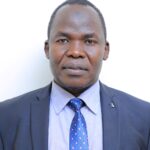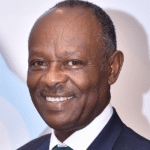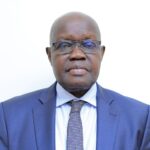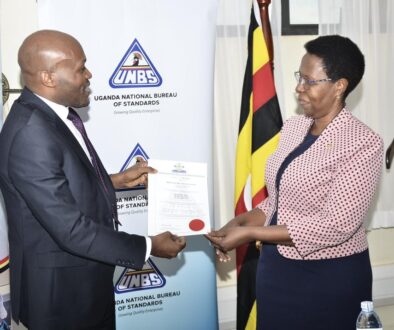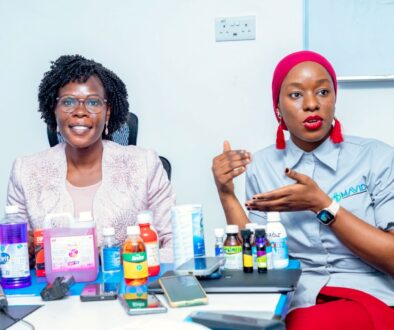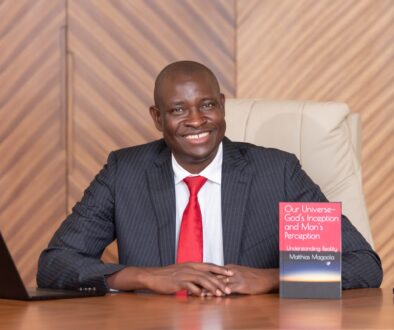Uganda Medical and Dental Practitioners Council
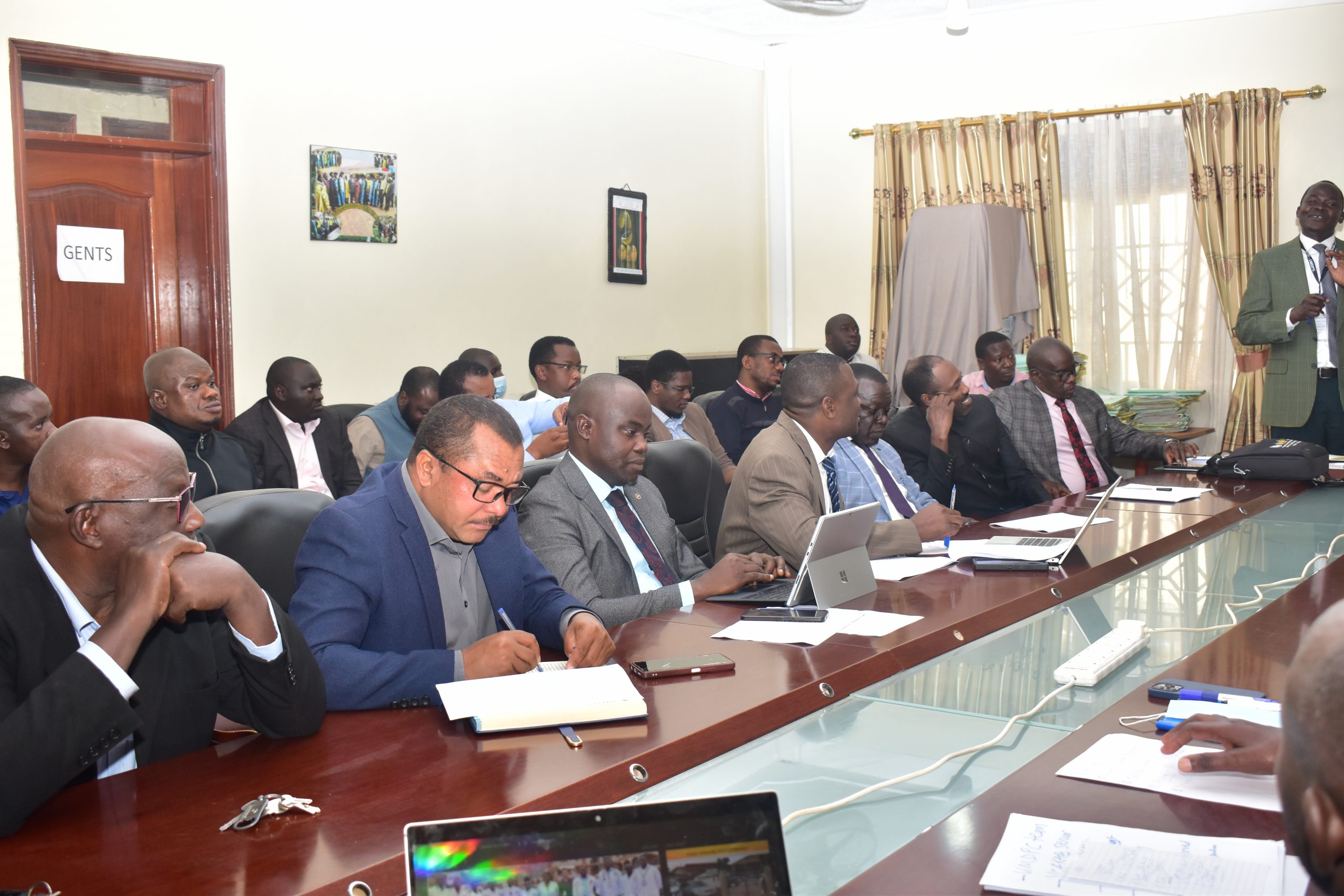
The Uganda Medical and Dental Practitioners Council (UMDPC) is a professional regulatory body under the Ministry of Health, responsible for ensuring training and control over training standards, registration and licensing, monitoring and regulating the practice of medicine and dentistry in the country.
UMDPC carries out its mandate of inspect training institutions, internship centres, and health facilities to ensure that the practice is regulated and only licensed practitioners provide services,
Council aims to enhance its visibility by establishing regional offices in Mbarara, Gulu, Mbale and Fort Portal
It plans to expand its infrastructure to accommodate the secretarial staff and procure the necessary equipment, such as a server, cloud computing, and aggregate its archives at the UMDPC from MOH
UMDPC will also increase public sensitisation to patients’ rights and the mandates of the health practitioners. Once the above are in place, UMDPC will implement the NDP IV strategies, in compliance with the NRM government programmes.
Mandate fulfilment
UMDPC was established by the Medical and Dental Practitioners 1998 Act, Cap 300(as amended). The Council’s obligations are to monitor and exercise general control over and maintain the professional medical and dental practitioners’ educational standards, including the training institutions.
It promotes the maintenance of professional medical and dental ethics, exercises disciplinary control over medical and dental practitioners, and protects society from abuse of medical and dental care and research by some practitioners who go beyond the scope of their practice.
The Council advises and recommends matters relating to the medical and dental professions to the government, exercises any powers, and performs duties authorised or required by this Act.
It disseminates the ethics relating to doctor-patient rights and obligations to medical and dental practitioners and the public.
Under the NRM manifesto,
UMDPC monitors and inspects medical training institutions to ensure their adherence to standards: sufficient instructors, training facilities, and skilling laboratories.
It oversees 12 medical and three dental training institutions namely Makerere University, Uganda Christian University and Equator University of Science & Technology.
Three Universities were added to the medical training institutions during the 2021-2026 NRM manifesto implementation period: Soroti University, Fins Medical University and Equator University of Science and Technology
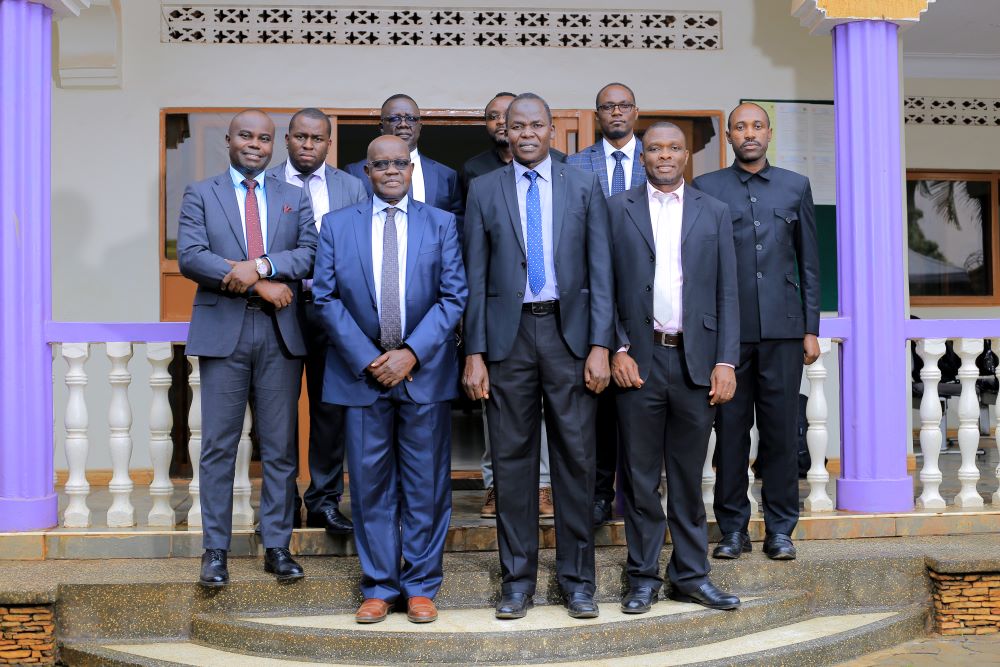
The Uganda government and the Uganda Medical and Dental Practitioners’ Council, in conjunction with the National Council for Higher Education, have developed the curricula and inspected the institutions. East African Medical Councils undertake joint inspections among the EAC member states of Rwanda, Tanzania, Burundi, and Kenya.
Somalia, South Sudan, and the DR Congo are yet to join the joint inspections.
During the MRM period under review, the Council has seen the Universities’ graduation of qualified professionals increase from hundreds to thousands, recently 1400 Medical and Dental graduates.
Council registered 1144 graduates in the last financial year 2023/2024, effective last August, and Government is preparing to have a doctor at every Public Health centre III/Per subcounty, subject to identifying the financial resources to enable the doctors’ recruitment.
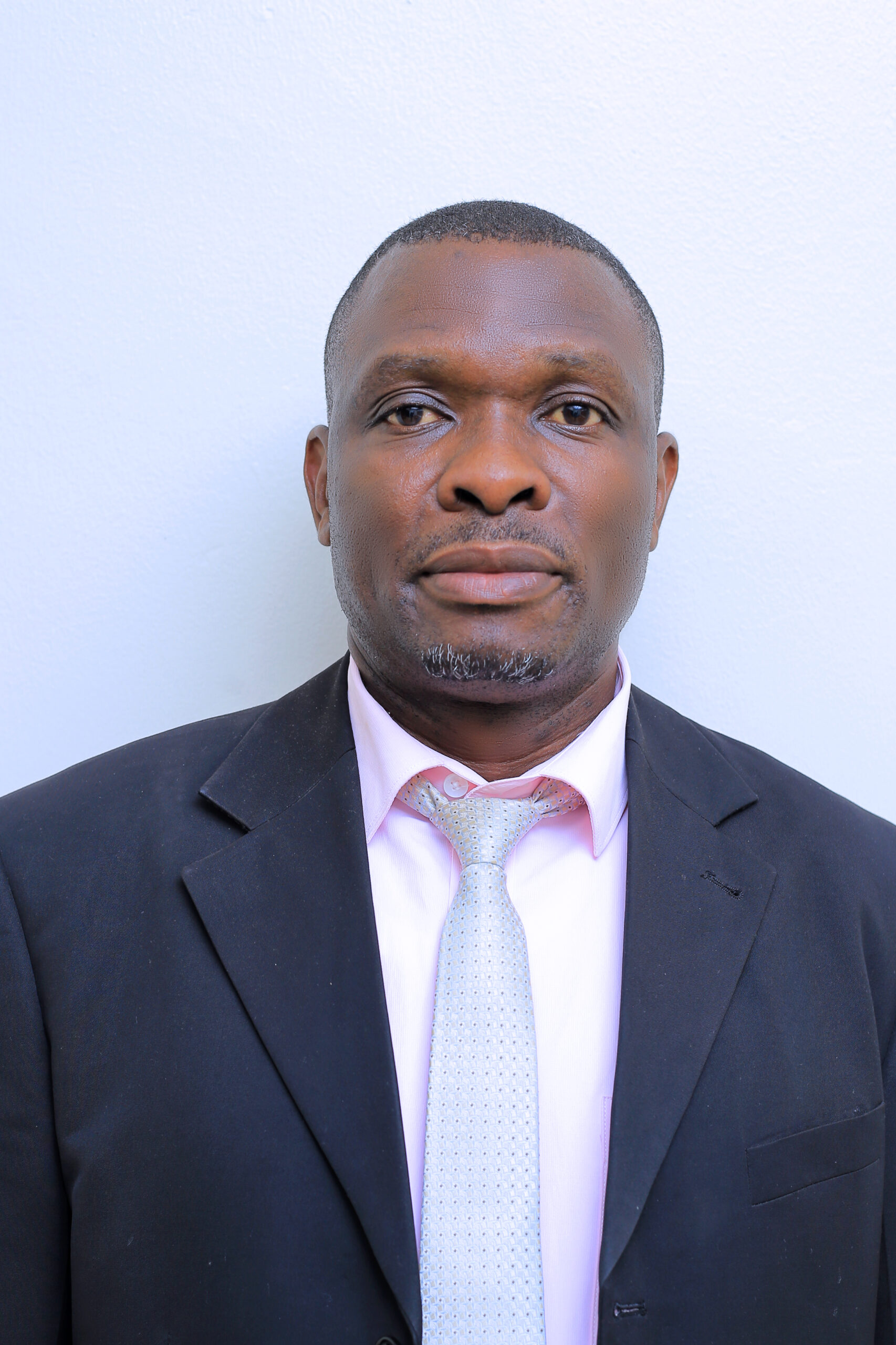
We have ensured that only licensed doctors are in practice, and we license and supervise these professionals. This calendar year, UMDPC gazetted 6615 medical and dental practitioners and are following up on 3620 who have not renewed their licenses.
We have received and registered 500 practitioners from foreign countries, some coming from the war-torn Sudan/South Sudan and Somalia. Others that aspire to complete their education and practice in Uganda with affiliated Universities ensuring they have the requisite qualifications.
We receive public complaints and hold inquiries relating to malpractices; the practitioners and the complainants are invited and inquiry conducted and rulings made ranging from reprimand to temporary suspension of their practice and permanent erasure, over gross misconduct.
UMDPC has licensed 4913 hospitals, Health Centres IV and III, nursing homes, and rehabilitation centres, all of which must be supervised by doctors, according to its registration, licensing, and inspection mandate.
It disseminates the appropriate guidelines and issues standard operating procedures in conjunction with the Ministry of Health, regarding practising with the new treatment modalities.
The Council promotes patients’ rights through public sensitisations using Zoom, the media, and various fora, including the radio, television and public gatherings, especially through medical camps in liaison with regional hospitals, regional health inspectors and district health supervisory authorities. The same avenues are used to educate the public about the common illnesses and access to the services.
Under NDP III; Advising the government
In keeping with the inspection function, UMDPC found that some institutions lacked sufficient training facilities, hence, it advised the government to allocate the necessary resources to Mbarara, Busitema, and Soroti Universities.
We have advised the government to allocate more financial resources to facilitate the recruitment of Lecturers and the medical training labs, and other facilities.
In conjunction with NCHE, UMDPC inspected and found that some institutions, especially the private ones, are more driven by the prospect of benefits from the people they train, and thus advised capping the number of trainees that the Universities are allocated. An inter-ministerial committee proposed a pre-internship exam for doctors who have qualified and graduated, to determine their competence and qualify for a supervised one-year internship.
Then they will be subjected to a post-internship examination, before they are registered and allowed to practice. The post-internship exams, will assess the knowledge acquired from the field and the skills acquired under a consultant’s instruction.
The Council has also advised the government about the traditional healers and herbalists who use the title ‘doctors’ and even advertise their trade/practice. Some use generic medicines, like the ARVS, which they mix with herbs and purport to be treating and curing HIV/AIDS. Some claim to treat women with barrenness, whereas others purport to dispense remedies curing various forms of cancer.
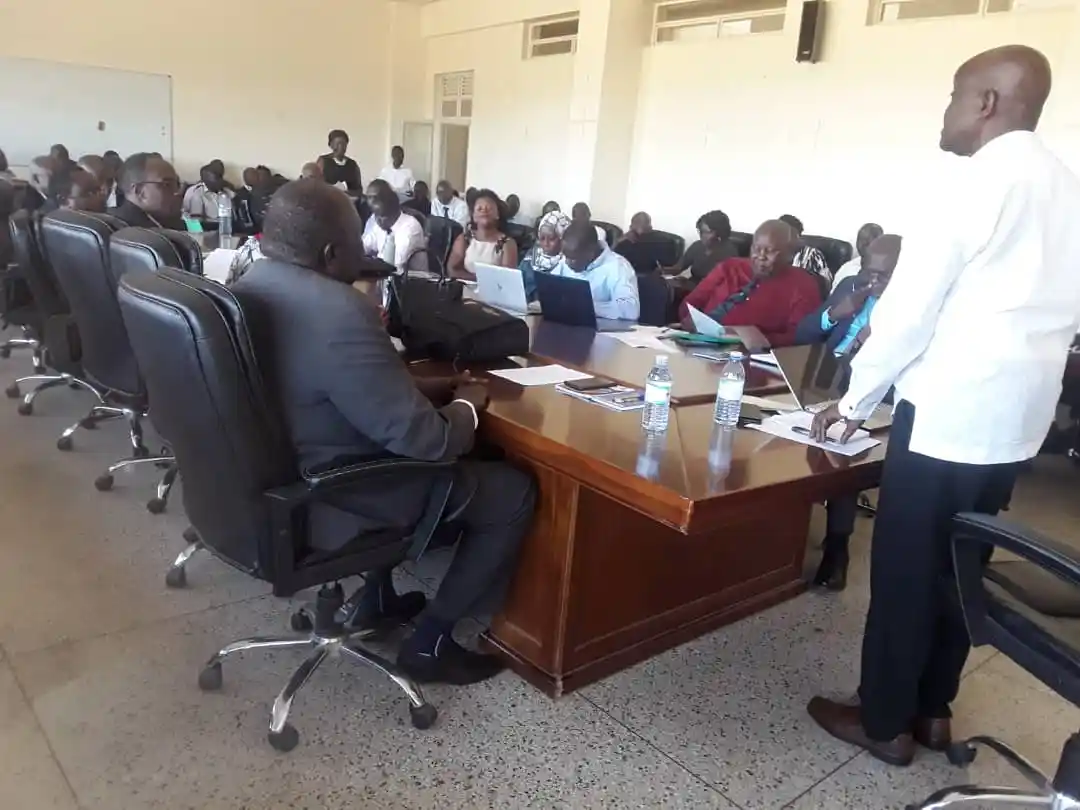
The UMDC advises against persuasive advertising that quacks use because it is misleading and an anomaly that must be resolved.
In conjunction with Uganda Medical Association, under the Uganda Medical and Dental Practitioners’ Council, the UMDPC has advised the government to establish vacancy of medical officer at the sub-county Health Centres III. They have called for increased staffing at the general hospitals to include specialised services and staff consultants there. Subject to the availability if financial resources, the Ministries of Public Service, Ministry of Health and Ministry of Local Government; the districts and municipalities shall recruit the necessary staff and get services closer to communities.
Ministry of Health and the UMDPC have toll-free telephone lines to receive complaints on malpractices and unfair treatment patients encounter at the hands of the doctors.
The council also has a digital platform enabling license tracking and administration of health professionals and Health facilities. The https://www.ehealthlicense.go.ug offers information about the medical practitioners and their status, which benefits health services consumers.
The author, Dr Charles Tusiime – Registrar, Uganda Medical and Dental Practitioners’ Council, He has worked with the Ugandan government for 18 years.

